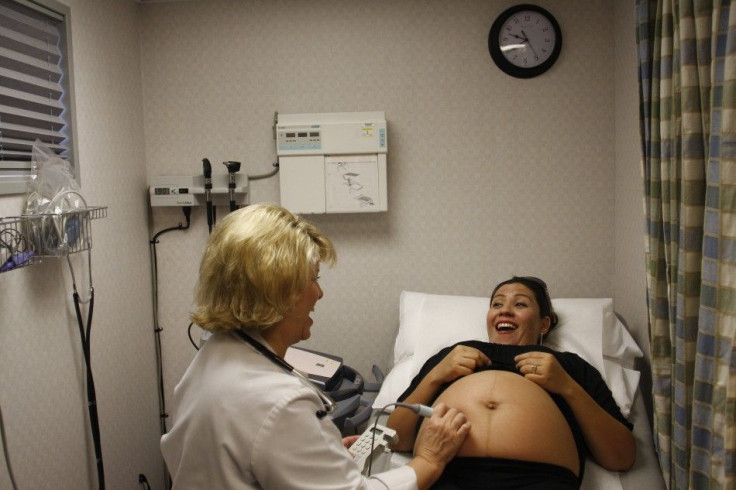Testosterone Levels During Pregnancy Affect Facial Masculine Features Of The Child

There is a connection between the prenatal testosterone levels and the masculine appearance of one's face as an adult. According to a team of West Australian researchers, testosterone levels in the womb impact the extremity of the masculine features of the face of the child as an adult.
During the study, the researchers at the TELETHON Kids Institute gathered the testosterone concentration data of the kids born 20 years ago. The data for the hormone levels was analyzed from the umbilical cord blood of the newborn.
Using 3D technology, the researchers then compared the result to a subject population of 183 males and females. The analysis of the testosterone concentration data against the facial appearance of the subject population showed that higher the amount of the hormone during pregnancy, the greater were the masculine features in the adults, including wider eyes, forehead and nose.
"Higher levels of testosterone in the cord blood are actually related to more masculine facial features," said co-author Professor Andrew Whitehouse, in a statement. "That holds within sexes as well. So if we look at just females we find that females with more testosterone have more masculine features as well."
Research conducted in the past has shown that testosterone levels during puberty affects the intensity of the masculine features. However, Whitehouse claimed that testosterone levels during pregnancy are more important. During the study, the researchers found that the testosterone levels during pregnancy have more impact on the adult facial structure.
The complete findings of the study have been published in the Royal Society journal Proceedings B. As a next step, the researchers are now planning to see whether children with Autism Spectrum Disorder, or ASD, have more masculine features.
© Copyright IBTimes 2024. All rights reserved.




















